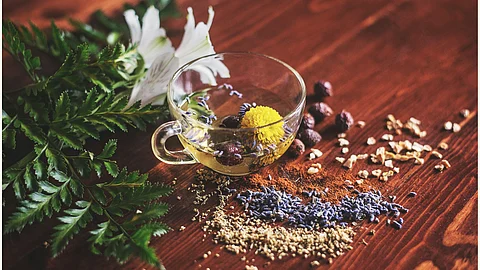On March 16, Singh conducted a promotional camp at the Kali Mata Temple in Sangrur, where he offered a hair oil he personally formulated, claiming it could prevent or reverse baldness. During the event, the oil was applied to attendees’ scalps. Following this, more than 70 individuals reported symptoms such as scalp irritation, rashes, headaches, and nausea. Many of them required hospitalization.
Medical reports indicated that the product had not undergone any formal safety testing or regulatory approval. Local authorities launched an investigation, and Singh was arrested soon after.


